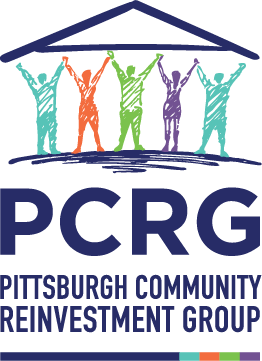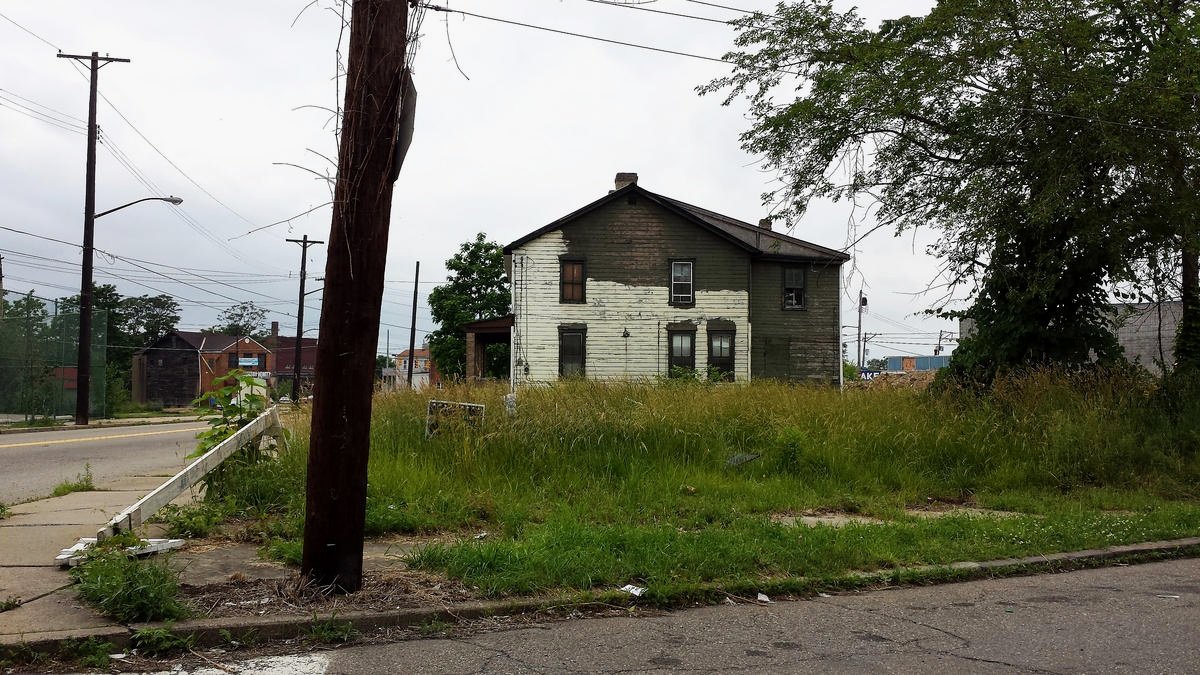In 2014, Pittsburgh unveiled a groundbreaking initiative aimed at addressing vacant and blighted properties that abound across the city. The Pittsburgh Land Bank emerged as a beacon of hope for underserved communities, offering a unique solution to the challenges posed by tax-delinquent, abandoned or vacant land parcels.
Over the years, it has evolved, faced legislative changes, and held onto its potential to be a vital force behind improving, uplifting and empowering communities. However, despite recent progress, local officials have yet to take crucial steps to streamline land acquisition and disposition processes, as well as implement accountability and data-tracking measures to increase transparency. They must also update and maintain the comprehensive inventory of vacant properties to ensure the land bank is fully functional and property details publicly accessible.
A Slow Crawl to Legislative Adjustments
It’s been nearly a decade since the Pittsburgh Land Bank’s inception, but legislative changes to ease and quicken the agency’s ability to get vacant land out of limbo and back to active use have been drawn out over the years. They include a recent state law that allows the agency to bypass competitive, lengthy and costly bidding processes as well as a local measure that gives the Pittsburgh Land Bank transfer and acquisition capabilities – which already seem effective in breaking the agency’s stagnation.
But politicians are still holding back the most critical elements necessary for its proper function. The land bank’s board must execute its authority to advance this critical agreement with the taxing bodies. Without this, more than 30,000 vacant and blighted properties scattered across the city will continue to multiply.
Remaining Challenges and a Look Ahead
As the city grapples with issues like housing affordability, community safety and the need for green spaces for recreational use and stormwater management, it’s imperative for the taxing bodies – Allegheny County, Pittsburgh Public Schools, City Council and the Water and Sewer Association – to strengthen cooperation and agreements that would give the Pittsburgh Land Bank full title-clearing power.
Vacant and blighted properties make up about 25% of Pittsburgh’s land parcels – and are disproportionately concentrated in historically disinvested, low- to moderate-income communities of color.
Residents of neighborhoods including Beltzhoover and East Hills echoed a shared concern over the city’s lack of property maintenance. At community meetings and local candidate forums, they said officials rarely take action to clear the parcels of litter and overgrown weeds – and, when they do, it usually follows neighbors’ rallying cries and persistent calls to the Pittsburgh service request line. Neglecting vacant properties is detrimental to residents’ quality of life, mental health and safety.
The negotiation of strong, strategic agreements between the land bank and taxing bodies will play a pivotal role in dismantling bureaucratic hurdles and achieving positive community change while providing much needed affordable housing. These agreements streamline property selection, simplify transfer procedures, foster community involvement, promote transparency and generate economic opportunities by returning more properties to the tax rolls. This action is necessary to actualizing the land bank’s full potential and paving way for local nonprofits to serve communities more meaningfully.
The Pittsburgh Land Bank has the potential to be a driving force behind the city’s urban revitalization, transforming vacant lots and abandoned structures into thriving community assets. That’s why PCRG and its member organizations are urging the land bank’s board to act with the city and county officials and take swift action to equip itself with the necessary tools to clear titles, track and manage a vacant property database and offer residents meaningful and ample opportunities to have a say in what happens within their communities. Only then can we ensure this potentially transformative initiative fulfills its promise of creating a more vibrant, equitable and sustainable city for all.


